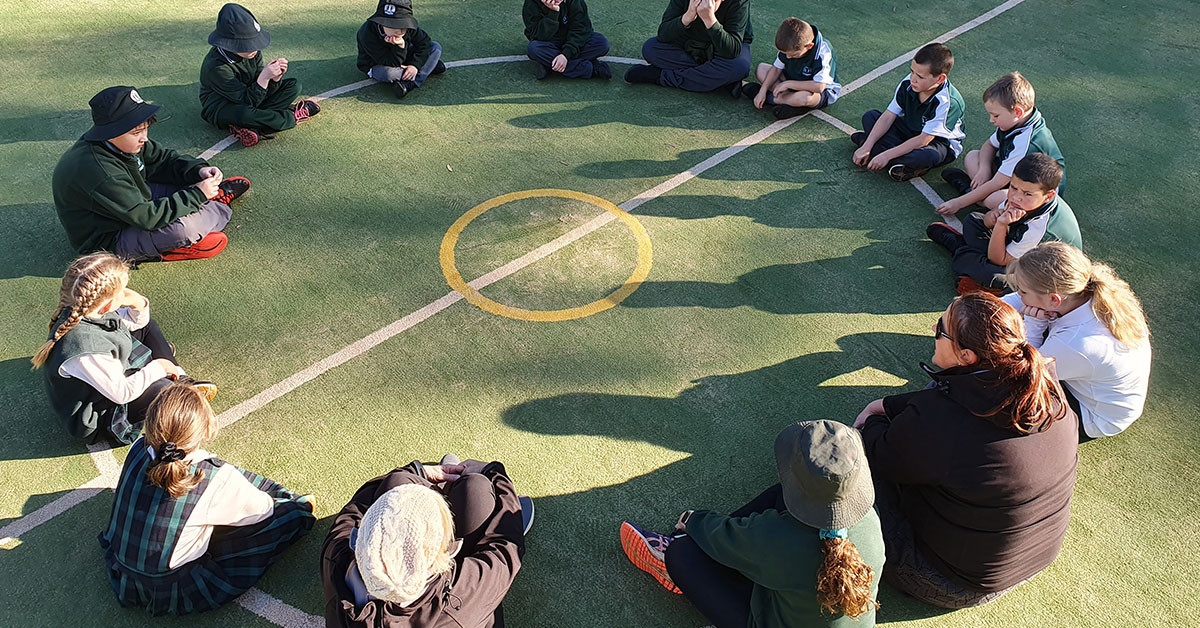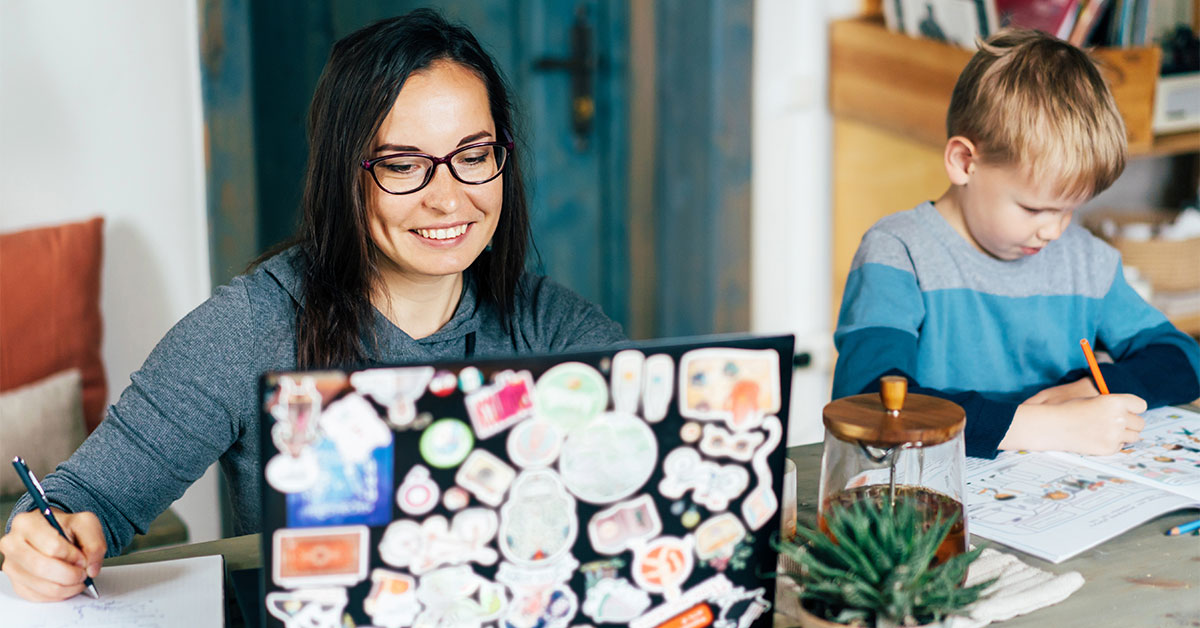We recently asked schools to share their success stories in using BSEM strategies. We are excited to share these stories here.
Circles
It’s always good to start the day with a circle; a great way to check in and out, frame expectations for the day or session and nurture meaningful relationships within the community.
Denna Tye, teacher, explained, “At Naradhan Public School (NSW), we have implemented morning and afternoon circles to build on our predictable routines. It allows us to set the tone for the day, highlighting positives we’ve seen in the playground and then finish the day, by giving everyone the opportunity to reflect and share something they’ve enjoyed.”













